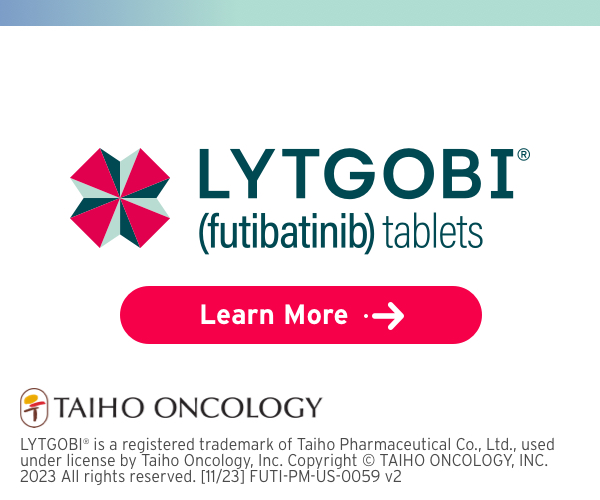BETHESDA, MD — Federal researchers reported updated results of trials of cabozantinib plus nivolumab with and without ipilimumab in patients with refractory metastatic urothelial carcinoma on Saturday at the 2018 American Society of Clinical Oncology Annual Meeting. The new data shows improving trends for duration of response and progression free survival.
Rosa Maria Nadal, MD, of the National Cancer Institute, presented the results of the phase 1 dose and expansion cohorts study, which enrolled 30 patients with metastatic urothelial carcinoma refractory to chemotherapy. The researchers assigned 15 patients who had never received checkpoint inhibitors to receive CaboNivo and eight to receive CaboNivoIpi. Seven patients who had relapsed on checkpoint inhibitors received CaboNivo. Patients remained on therapy until progression or unacceptable toxicity was reached.
The interim report presented outcomes after 11.9 months of follow up for the total cohort. Among checkpoint inhibitor naive patients, the objective response rate for CaboNivo reached 50%. Median duration of response was 24.1 months and median progression free survival was 24.1 months, though in both cases, the upper end of the range had not been reached. Overall survival was not yet reportable.
Checkpoint inhibitor naive patients who received CaboNivoIpi had an objective response rate of 33% and median progression free survival of 10.1, with the upper limit still not reached. Neither duration of response nor overall survival had matured sufficiently to report.
Common grade 3 or higher adverse effects included fatigue (17%), hypertension (14%), thromboembolic events (14%) lipase elevation (31%), hypophatemia (17%), hyponatremia (10%). Four patients had grade 3 or higher immune-related adverse effects including meningitis, pneumonitis and colitis.
Nadal presented earlier results at the 2018 American Society of Clinical Oncology Genitourinary Cancers Symposium that demonstrated that cabozantinib combined with nivolumab with or without ipilimumab increased antitumor activity in patients with relapsed metastatic RCC and other advanced genitourinary tumors.2
In patients with metastatic urothelial carcinoma, the cabozantinib/nivolumab combination achieved an objective response rate of 50%, while cabozantinib/nivolumab/ipilimumab had a 29% response rate at data closure for the earlier report. Median progression free survival was 12.8 months for both regimens and median overall survival had not been reached at that time.
1Nadal RM, Martazavi A, Stein MN. Clinical efficacy of cabozantinib plus nivolumab (CaboNivo) and CaboNivo plus ipilimumab (CaboNivoIpi) in patients with chemotherapy-refractory metastatic urothelial carcinoma either naive or refractory to checkpoint inhibitors. Clin Oncol 36, 2018 (suppl; abstr 4528).
2Nadal RM, Mortazavi A, Stein M, et al. Results of phase I plus expansion cohorts of cabozantinib plus nivolumab and CaboNivo plus ipilimumab in patients with metastatic urothelial carcinoma and other genitourinary malignancies. J Clin Oncol 36, February 20, 2018 (no. 6 suppl; abstr 515).

